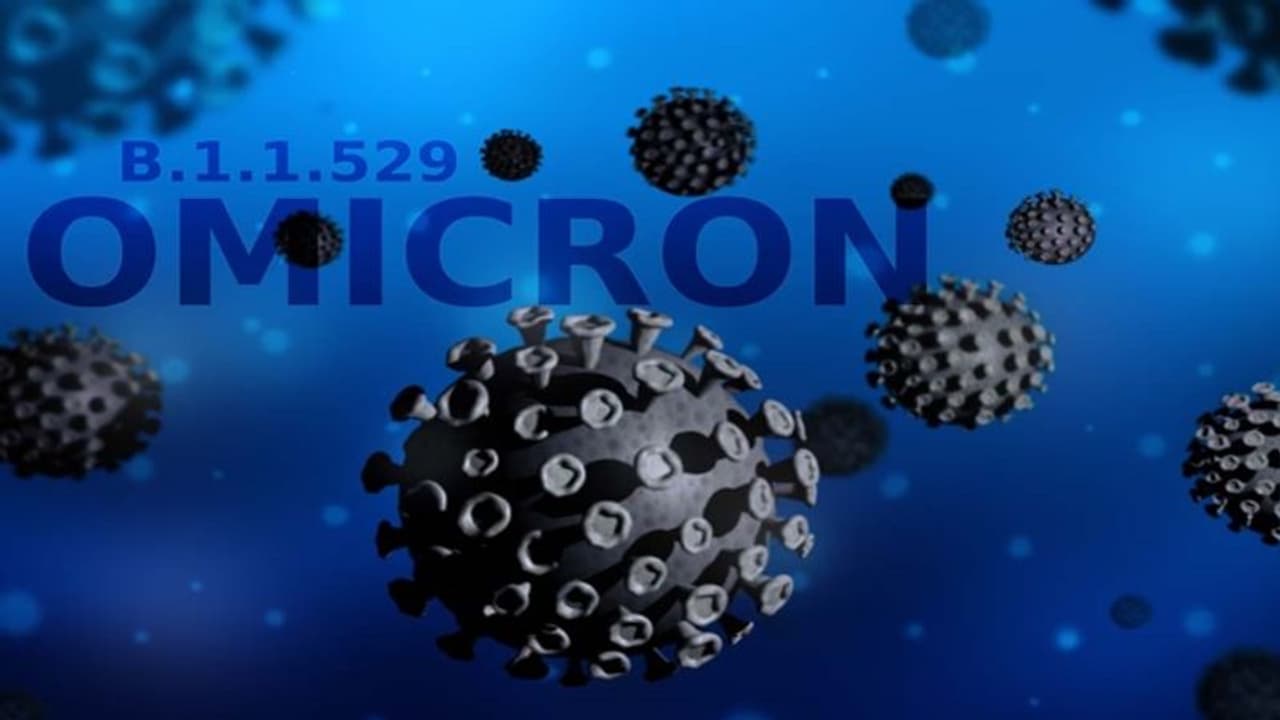On Friday, the Union Health Ministry issued answers to Frequently Asked Questions (FAQs) on Omicron – the new variant of coronavirus.
A new variant named Omicron (B.1.1.529) reported by researchers in South Africa on November 24, 2021, and the World Health Organisation designating it as 'variant of concern' has caused havoc across the world. Many countries have locked borders as a precautionary measure.

On Friday, the Union Health Ministry issued answers to Frequently Asked Questions (FAQs) on Omicron – the new variant of coronavirus and said there is no evidence to suggest that existing vaccines do not work on the Omicron variant of SARS-CoV-2, while some of the mutations reported may decrease the efficacy of the jabs. Here is everything you need to know:
The Health Ministry has explained what Omicron is and how it is a variant of concern. Omicron or B.1.1.529 is a new variant of SARS-CoV-2 that was first reported in South Africa on November 24, 2021. Particularly this variant has shown a large number of mutations, especially on the viral spike protein which is the key target of the immune response.
Highlighting that given the fast pace of vaccination in India and high exposure to the Delta variant as evidenced by high seropositivity, the severity of the disease is “anticipated” to be low. So, the Health Ministry has answered if there is a possibility of a third wave in India due to the emergence of Omicron.
Also read: Booster dose of six COVID vaccines safe, helps in increasing immunity, reveals Lancet study
The Ministry has stated though Omicron cases are increasingly being reported from countries outside of South Africa and given its characteristics, it is likely to spread to more countries including India, however the scale and magnitude of the rise in cases and most importantly the severity of disease that will be caused is still not clear.
Answering about efficacy of existing vaccines against Omicron, the Ministry said that while there is no evidence to suggest that existing vaccines do not work on Omicron, “some of the mutations reported on Spike gene may decrease the efficacy of existing vaccines”. “However, vaccine protection is also by antibodies as well as by cellular immunity, which is expected to be relatively better preserved. Hence vaccines are expected to still offer protection against severe disease, and vaccination with the available vaccines is crucial. If eligible, but not vaccinated, one should get vaccinated,” it has said.
Meanwhile, it further stated that it is important to highlight that Omicron has been declared VoC based on the “observed mutations, their predicted features of increased transmission and immune evasion, and preliminary evidence of detrimental change in COVID-19 epidemiology, such as increased reinfections”. “The definitive evidence for increased transmission and immune evasion is awaited,” it has said.
Finally, the Ministry has urged all to follow Covid appropriate behaviour and said that it is essential to mask yourself properly, take both doses of vaccines if not yet vaccinated, maintain social distancing and maintain good ventilation to the maximum possible.
